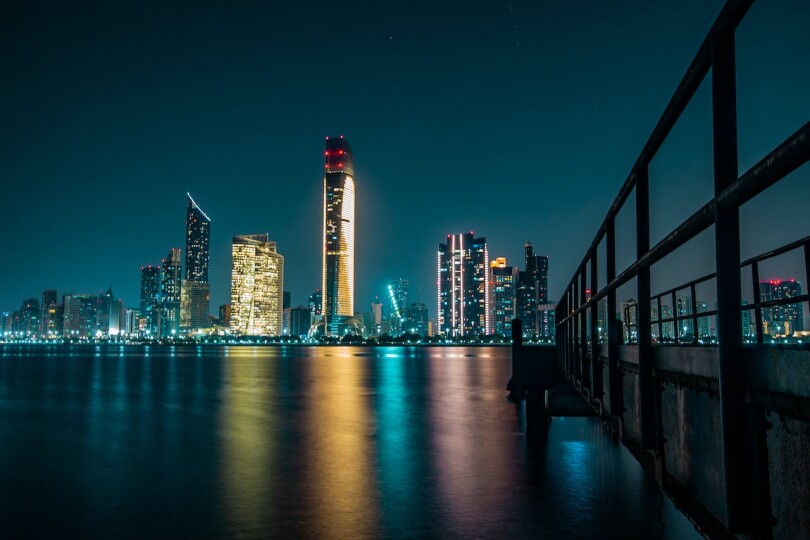Why Is the Gulf Attracting Climate Tech Businesses?
28 Jun 24
Enviro ChatThe Global News Source for the World of Science and Chemicals
15 March 2024
Enviro Chat
The Abu Dhabi National Oil Company (ADNOC), which is the state-affiliated oil and gas company of the UAE, has announced it will step up decarbonisation efforts over the next six years by ploughing more money into relevant research and development projects.
The company’s board, which includes several prominent politicians and decision-makers in the country, gave the greenlight to increase investment into decarbonisation projects to $23 billion by the end of the decade. Those funds are expected to help boost efforts to make the UAE’s energy profile greener and more sustainable, ultimately achieving its long-term goals of a carbon-neutral society by 2045.
ADNOC had already pledged to invest $15 billion into decarbonisation technology by the end of the decade, but its revised promise now increases that investment by over 50% to $23 billion. That’s in addition to the significant activity which ADNOC has already conducted into decarbonisation projects such as carbon, capture and storage (CCS).
CCS attempts to make existing forms of energy generation more sustainable and environmentally friendly by extracting harmful gases at the point of emission. These can either by pumped underground for storage or else monopolised and recycled into a viable resource, thus making the technology even greener. Although CCS has not yet been demonstrably proven to be effective at scale, there are positive indications that it has a bright future.
With that in mind, ADNOC has invested heavily. In September of last year, it revealed it would be proceeding with its Habshan carbon capture project, which will become the largest of its kind in the Middle East and North Africa (MENA) region upon completion. Meanwhile, last month it announced its first overseas CCS investment, funding the UK’s Storegga project in Aberdeen, Scotland.
The heightened investment threshold announcement comes just a month after the UAE hosted the UN COP28 climate summit. At the event, countries around the globe agreed to transition to greener forms of power generation, with fossil fuels being mentioned by name in the COP28 documentation for the first time in over three decades of such summits.
As such, COP28 represents something of a minor breakthrough in dealing with the issue and ADNOC’s chief executive, Dr Sultan Ahmed Al Jaber, deserves plaudits for brokering the deal between an extensive and diverse number of stakeholders and governments, many of whom had conflicting interests with one another. The inking of the agreement was, therefore, no mean feat.
Dr Al Jaber is not content to rest on those laurels, however. Speaking after the announcement of the increase in decarbonisation investment, he reiterated that ADNOC is “committed to enabling a lower-carbon future and a just, orderly and equitable energy transition” and said the company “continues to deliver on its mandate to transform, decarbonise and future-proof its business.”
DOWNLOAD PDF

2 Day Seminar Program
@ ArabLab+ 2024
24 & 25 September 2024
Your stay in Dubai
Labkit
Product News
Chemkit
Product News
Thinking about exhibiting at ARABLAB 2024? Watch our video to find out more.
Join the world’s leading organisations…
Join our mailing list and receive the ARABLAB newsletter and event updates.